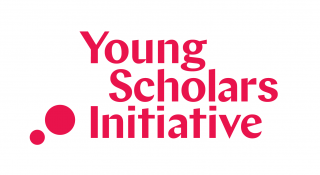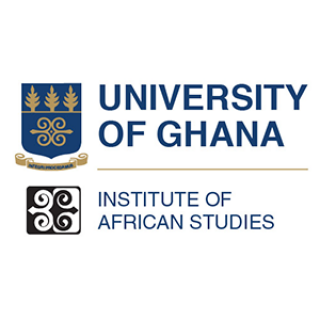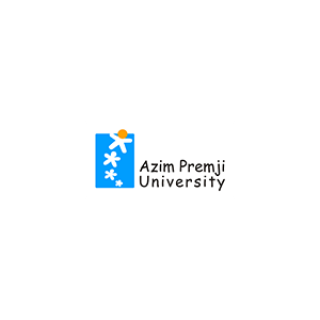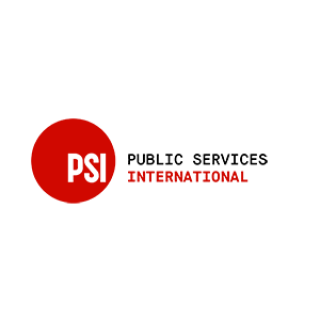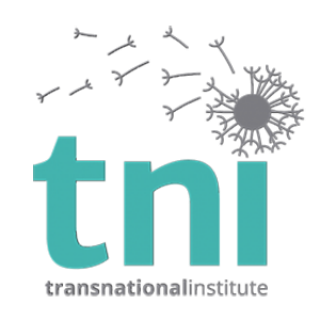Shifting Narratives Conference
- 27 Jun - 30 Jun
- London, UK
09:00 - 17:30 UTC
Register now to attend the four-day online conference on shifting narratives around public services, spending and production (PSSP). Confirmed speakers include: Mariana Mazzucato, June Sekera, Abby Innes and Isabel Ortiz among others.
Register here
The economic and political role of public services, public spending and public production of goods and services has been a central issue for economic and social policy at national and international level for many decades. There are continuing disputes over the scope of public service systems, and the scale of government spending on these services. The theories and analyses used by economists and political scientists form a significant set of narratives in this contest. Some critique the fiscal burden of taxation on commercial activity, and the disruption of labour markets by public employment, while favouring the use of public spending and services as opportunities for private finance through PPPs or long-term outsourced contracts. Others frame analyses around the key role of PSSP in driving innovation and delivering new public missions, its economic role in providing physical and service infrastructure, the role of public sector capacity in direct provision of goods and services and enabling public policy development shielded from corruption, and its historical role in delivering socio-economic, racial and gender equality, and enabling democratic control, transparency and accountability.
This conference grows out of a report on ‘Narrative change and Public Services, Spending and Provision’ carried out by a team led by PSIRU. Social movements and unions have recently summarised the social and economic case for PSSP in a ‘global manifesto’: 'The future is public', and other reports on issues related to public services are published by the global partners in this conference – Public Services International (PSI) and Transnational Institute (TNI). This conference is supported in part through a grant from the Open Society Foundations (OSF).
Conference objectives
bring together academics, unions and social movements in a 2-way sharing of research and information on issues, trends and campaigns around public services, globally
to encourage critical academic research on PSSP issues and narratives of concern to SMs/unions
to encourage collaboration between academics/young scholars and social movements and unions
Conference structure
Day 1 will be a plenary session with a number of invited presentations on the political economy and narratives of PSSP, by leading academics and speakers from unions and social movements.
Day 2 will have thematic workshops, including one on narratives of public spending and workshops on a range of issues eg public finance, economic planning, trade and public services, participatory budgeting. Each workshop will last 1.5 hours, with 1 hr for papers and contributions from academics, young scholars, unions and social movements, with 30 minutes of discussion.
Day 3 will consist of parallel workshops on public service trends, narratives and issues in global regions: Africa, Americas, Asia, Europe. These workshops will follow a similar format of 1.5 hours, including papers and contributions from academics, young scholars, trade unions and social movements, followed by discussions.
Day 4 will be a final forward-looking plenary session with an invited panel of speakers including academics, union and SM speakers, discussing future academic agendas and the prospects and strategies in relation to PSSP, and the potential for collaboration.
We also hope to organise an in-person meeting for young scholars, and young trade unionists/activists close to the dates of the conference in London.
Call for papers and proposals
In order to encourage maximum participation from academics, young scholars, unions and social movements, there are four distinct calls for papers and proposals:
Academics
Academics, young scholars and researchers are invited to submit proposals for papers to be presented at any of the workshops on day 2 (thematic workshops) and day 3 (regional workshops).
We particularly encourage proposals from academics and young scholars in the global south; from early career academic (PhD and postdoctoral) researchers; from researchers and activists working with unions and social movements; and from black and other voices currently marginalised in academia.
Proposals may be for presentation of a full paper, or for a working paper presenting research work in progress. Proposals should indicate the theme or region or proposed workshop, to which the presentation relates, as well as the name of proposer, current position, and brief CV.
Any enquiries related to application are to be sent to Nadia Ntow-Aninkora.
25 April 2022 - Deadline for submission of abstract (approx. 250 words)
02 May 2022 - Acceptance letters will be sent out
30 May 2022 - Accepted proposals will be expected to submit their paper (either working or full paper, from 2000 to 6000 words)
Proposals will be evaluated and approved for quality on the basis of the usual criteria, of coherence, accuracy and contribution to knowledge and analysis, by a scientific committee of recognised academic specialists. In addition, they will be assessed for relevance to issues of concern to social movements and trade unions, and more generally to current narratives on PSSP.
Submit your proposal here
Young Scholars participations - co-ordinated with the Young Scholars Initiative, Institute for New Economic Thinking
If you wish to be assessed as a young scholar, please follow the following guideline.
Young scholars are strongly encouraged to participate in the conference and workshops in a number of ways:
by submitting proposals in response to the call for papers for the workshops
volunteering to be ‘initial respondents’ in workshops asking a question or comment to help start discussion (optional)
volunteering as rapporteurs to write summary 500-word reports of the workshops (optional)
volunteering to help academics, unions and social movements organise regional workshops (optional)
The timeline for submission is:
25 April 2022 - Deadline for submission of abstract (approx. 250 words)
02 May 2022 - Acceptance letters will be sent out
30 May 2022 - Accepted proposals to submit full draft of the paper.
Young scholars are also encouraged to express interest in participating in the proposed YSI session in London in late June (close to the conference dates) with limited travel and accommodation support.
Any enquiries related to application are to be sent to Dr. Surbhi Kesar.
Submit your proposal here
Trade unionists and social activists
Contributions by trade unionists and social activists are an essential part of the thematic and regional workshops. Proposals for such contributions are strongly encouraged. They are expected to cover real current issues and experience of political processes and narratives on PSSP.
They can take various forms and use existing materials e.g. regional newsletters, campaign reports, union research, video interviews, international strategies. They can also be new briefs or reports or presentations. They are not required to produce academic research papers. The organisers, PSI and TNI will offer as much support as possible to help activists develop such contributions.
Proposals for such contributions can be sent directly via e-mail to Nadia Ntow-Aninkora <n.ntow-aninkora@ucl.ac.uk>
Young trade unionists and social activists are also encouraged to express interest in participating in the proposed YSI session in London in late June (close to the conference dates) with limited travel and accommodation support. Any enquiries related to application are to be sent to Dr. Surbhi Kesar.
Other parallel workshops
Proposals are also welcome from academics, young scholars, trade unionists and social movements for additional thematic workshops. Such proposals should include a rationale for the workshop, together with suggestions for specific speakers, including both academic and union/social movement contributions.
This conference is supported by:
